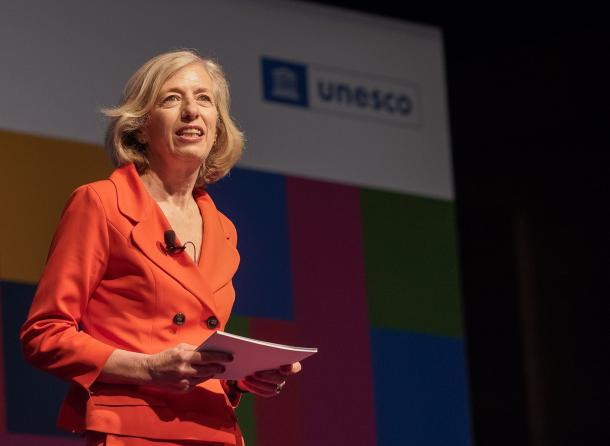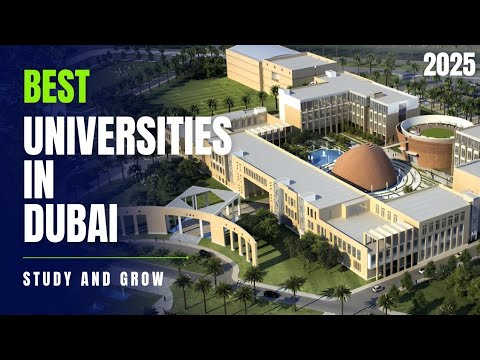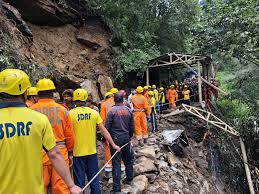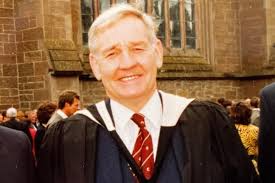
UNESCO study prompts Saskatchewan education debate
UNESCO Study Sparks Heated Education Debate in Saskatchewan
A newly released UNESCO report examining global education standards and inclusivity has sparked a contentious and wide reaching debate across Saskatchewan. The study, which evaluates how education systems around the world are meeting the goals of accessibility, equity, and cultural representation, featured Canada prominently raising particular concerns about disparities in rural schooling, Indigenous education, and curriculum frameworks in Saskatchewan. Local educators, parents, advocacy groups, and policymakers have since found themselves grappling with the report’s implications, igniting discussions about how and if the province’s education system is serving all students equitably.
The UNESCO Global Education Monitoring (GEM) report drew attention to Canada’s overall performance in providing access to basic education and maintaining high literacy and graduation rates. However, it also highlighted significant variation across provinces, citing Saskatchewan’s relatively high student to teacher ratios, limited funding in northern regions, and gaps in Indigenous curriculum inclusion as key areas of concern. The report further pointed out that despite Canada’s reputation as a developed nation, systemic barriers remain, particularly for marginalized groups including Indigenous communities, immigrants, and students with disabilities.
In Saskatchewan, the findings struck a chord particularly in Indigenous communities, where the lack of culturally responsive curriculum and persistent underfunding in on reserve schools have long been points of tension. Educational leaders from First Nations groups were quick to echo the UNESCO report, emphasizing that Indigenous students continue to face lower graduation rates, limited access to support services, and disproportionate disciplinary actions. Chief Elmer Standingcloud of the Federation of Sovereign Indigenous Nations remarked, “This report only confirms what we’ve been saying for years our children are being left behind by a system that doesn’t reflect their identity, history, or potential.”
In response to the report, the provincial Ministry of Education acknowledged the concerns raised but defended its efforts to improve educational outcomes. Education Minister Carla Beck emphasized that the province has invested in expanding remote learning platforms, mental health supports, and Indigenous language programs in select schools. “We take these concerns seriously and continue to work closely with school boards and Indigenous organizations,” she said. However, critics argue that these initiatives are inconsistent across the province and that pilot programs have yet to show systemic impact. Calls for a full provincial audit into educational equity have gained momentum in recent weeks.
The debate has also spilled into the political arena. Opposition parties and education unions have used the report to challenge the government’s spending priorities. The Saskatchewan Teachers’ Federation issued a statement saying the province is “lagging behind national benchmarks in critical areas” and called for immediate funding increases, particularly in special education and rural programming. Meanwhile, the Saskatchewan NDP has proposed a legislative review of the province’s curriculum development process, arguing that a centralized and outdated curriculum stifles cultural relevance and innovation in classrooms.
Parents and community organizations have added their voices to the debate, especially in small towns and northern communities where school closures and staff shortages have become increasingly common. Many fear that the growing urban rural divide in education quality will deepen existing inequalities. “We don’t just need more teachers we need the right kinds of teachers, with the tools and cultural understanding to reach all our kids,” said Lorna Baptiste, a community leader in La Ronge. Several parent councils have now called for a provincial forum on education reform, hoping to create a platform for student voices and local experiences to shape future policy.
One of the most polarizing aspects of the UNESCO study relates to curriculum inclusivity. While Saskatchewan’s education system mandates certain coverage of Indigenous history, critics argue that this is often reduced to tokenism or glossed over entirely. The Truth and Reconciliation Commission's Calls to Action particularly those related to education have seen slow implementation in the province, the study notes. Meanwhile, other groups, including immigrants and linguistic minorities, say that classroom content still leans heavily toward Eurocentric narratives, leaving many students feeling alienated from their own learning environment. Curriculum reform, many argue, must reflect the province’s changing demographics and multicultural makeup.
In conclusion, the UNESCO study has not only triggered intense debate but also exposed deep divisions and longstanding grievances within Saskatchewan’s education system. While the government maintains it is making progress, the report has emboldened communities, educators, and political actors to demand faster, more equitable, and culturally informed reforms. if the province will heed these calls and embark on a transformative path remains to be seen. But one thing is certain education in Saskatchewan is now at the forefront of public dialogue, and the pressure to deliver lasting change has never been stronger.











